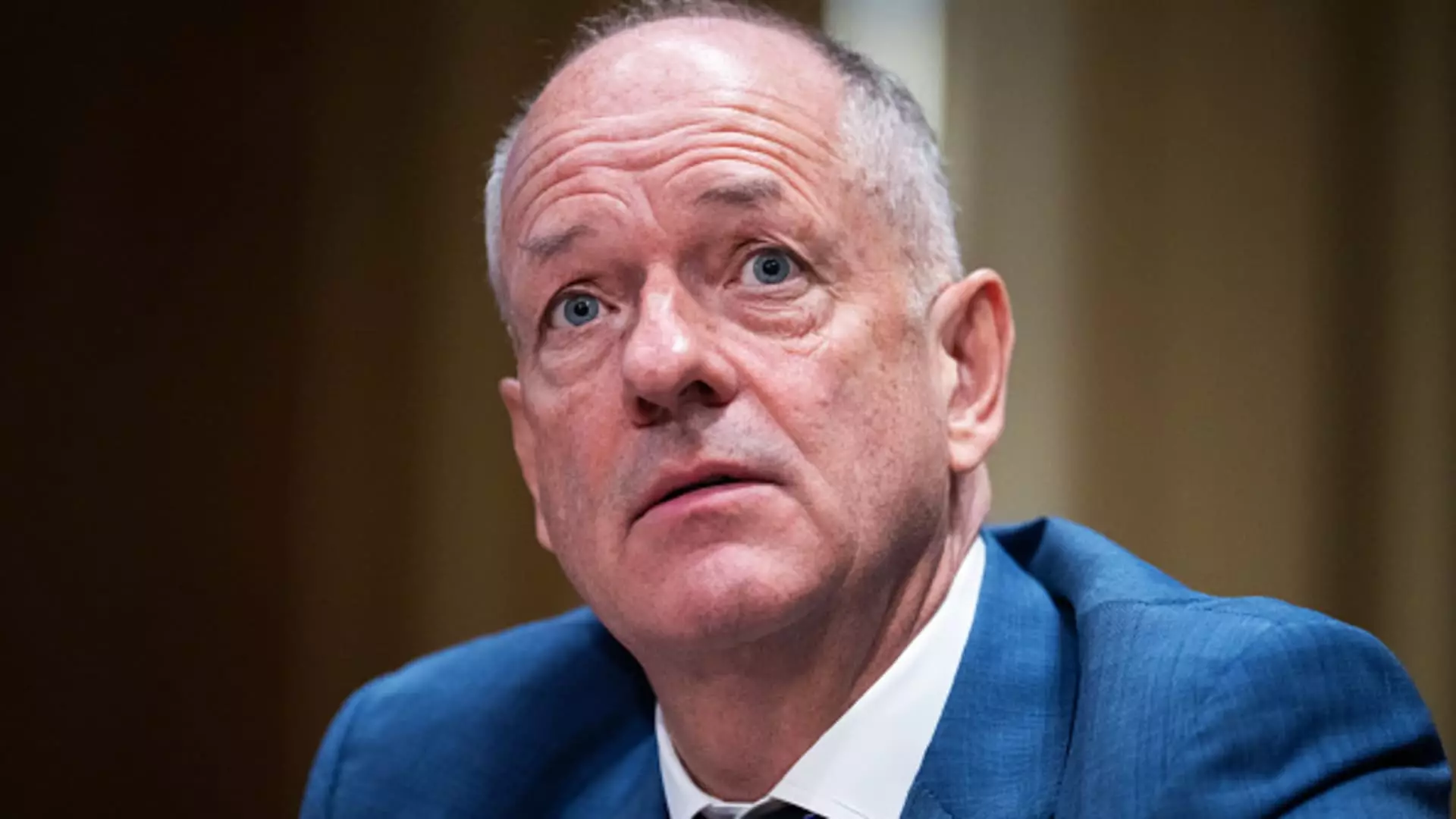The untimely death of Brian Thompson, former CEO of UnitedHealthcare, has sent shockwaves through the healthcare industry. His passing marks a significant loss for a company that stands as a pillar in the American insurance landscape. In the wake of this tragedy, UnitedHealth Group’s CEO, Andrew Witty, expressed profound sorrow and recognized the mounting frustrations people hold toward the healthcare system. Their feelings reflect a broader sentiment of discontent that has emerged over the years—an acknowledgment that the current healthcare framework requires critical examination and reform.
A Flawed System
In a recent opinion piece featured in The New York Times, Witty candidly outlined the structural flaws within the U.S. healthcare system. Unlike an intentionally crafted model, the existing framework is more a historical artifact, a “patchwork” of choices made over decades, that fails to serve the needs of many. The healthcare landscape, particularly in the United States, is marked by disparities and obstacles that complicate access to necessary medical services. As Witty stated, it is clear that “no one would design a system like the one we have,” hinting at the impractical nature of current policies and practices.
People’s frustrations stem not only from inefficiencies but also from the often obscured processes governing insurance coverage. The lack of transparency perpetuates a cycle of confusion and disappointment among patients. Many have taken to social media to share their stories, highlighting issues ranging from denied claims to unexpected bills, fueling resentment toward a system that seems more punitive than supportive. This collective outcry is further exacerbated by the ever-increasing cost of healthcare, leading many to question the viability of insurance as a protective measure against financial ruin due to medical expenses.
UnitedHealth Group’s Role in Reform
Despite these overwhelming challenges, Witty emphasized a commitment to fostering partnerships with all stakeholders, including healthcare providers, employers, and governmental bodies. The focus is not merely on profit-making but rather on improving healthcare delivery, ensuring it is of high quality and accessible to all. In light of Thompson’s vision, Witty reiterated the importance of effective communication regarding what insurance covers and the underlying reasoning behind claims decisions. Ensuring that patients understand these complexities is crucial in rebuilding trust.
Moreover, Witty pointed to the necessity of a data-driven approach to health outcomes, emphasizing that decisions should be based on a robust body of clinical evidence. This approach could pave the way for a more patient-centric model that prioritizes not just financial considerations but also the safety and well-being of individuals seeking care.
The tragic circumstances surrounding Thompson’s death have served as a catalyst for heightened discourse on healthcare reform. As stakeholders grapple with the urgent need for change, it becomes increasingly important to rethink the current model. Transparency, partnership, and an unwavering commitment to patient care must be at the forefront of this evolution. The healthcare system may be flawed, but it is the collective responsibility of all involved to innovate and adapt, ensuring that, in future, healthcare truly serves its intended purpose: the health and well-being of individuals across the nation.

